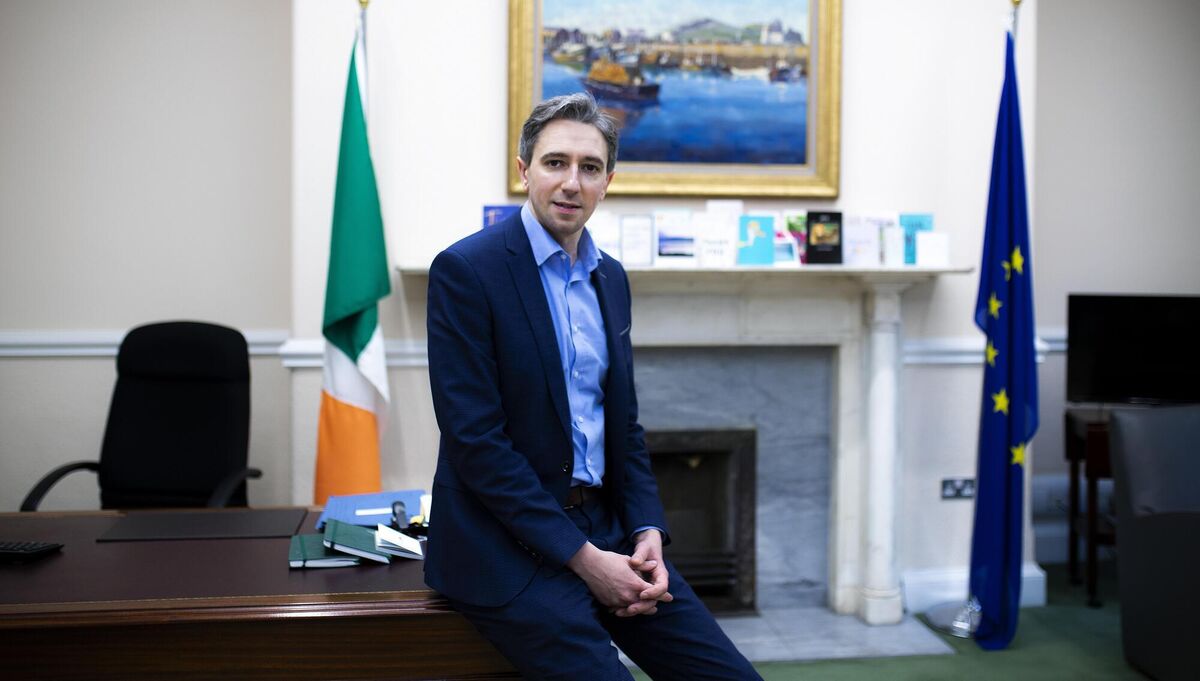Government to fund Erasmus scheme for students in Northern Ireland

Queen's University Belfast in Northern Ireland. File picture.
The government is to fund the Erasmus+ scheme for future third-level students in Northern Ireland after the British government's decision to end UK involvement in the student exchange scheme.
It is expected to cost €2.1 per year and is not limited to those with an Irish passport. It comes as the UK government announced their £100m (€108m) alternative-The Turing scheme.
Confirming the government's funding commitment, Minister for Higher Education Simon Harris said the decision was a "practical example" of post-Brexit cooperation in higher education between Ireland and Northern Ireland.
Pleased to confirm this. We are determined to continue to find ways of working together on a north south basis in the higher education space post Brexit. This is a practical example of it https://t.co/PHE7tf6NF8
— Simon Harris TD (@SimonHarrisTD) December 26, 2020
Last year, 649 students from Northern Ireland took part in the student exchange scheme which can last from one semester to an entire year's study abroad.

Third-level students are able to study or complete a work placement abroad for a semester or full year as part of their undergraduate degree or Masters.
Students in Northern Ireland will be able to avail of the programme by registering with higher education institutions in Ireland for the necessary period.
Speaking to RTÉ, Minister Simon Harris said his department is finalising arrangements in the coming weeks and working closely with higher education institutions in Northern Ireland.
More than £100m (€108m) will be spent on the post-Brexit replacement of the Erasmus exchange programme for UK students next year
The UK Department of Education said the Turing scheme will provide funding for around 35,000 students to go on placements around the world from September.
The DfE said the scheme named after Bletchley Park codebreaker Alan Turing will cost £100m (€108m) in 2021/22 but that funding for subsequent academic years will be set out in future spending reviews.
The British Government’s decision to end involvement in the European Union scheme has proved controversial, particularly as UK Prime Minister Boris Johnson previously said Brexit did not threaten participation.





